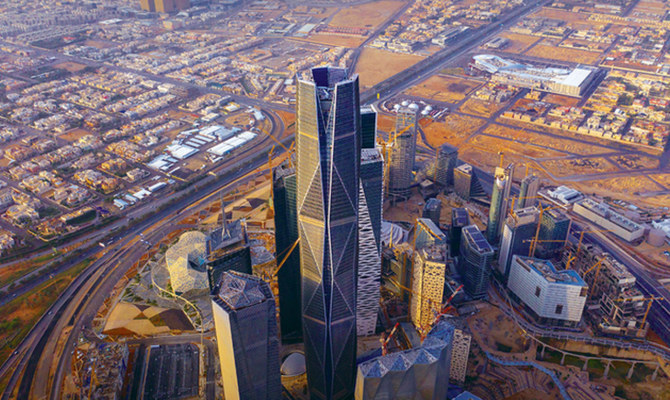Saudi Arabia is experiencing a surge in mergers and acquisitions (M&A) activity as the country’s economic reforms gain momentum. The nation’s growing M&A sector can be attributed to several factors, including the replenishment of reserves due to increased oil and gas receipts, as well as the country’s position as the largest economy in the region and one of the fastest-growing economies in the world.
Despite global economic challenges such as a slowdown, high interest rates, geopolitical tensions, and inflationary pressures, the Gulf Cooperation Council (GCC) nations’ economic reforms are expected to drive further M&A activity in Saudi Arabia.
Key highlights of the current economic landscape in Saudi Arabia include:
- Robust GDP growth: Saudi Arabia’s gross domestic product (GDP) grew by over 8 percent in 2022, solidifying its position as one of the fastest-growing economies globally.
- Non-hydrocarbon sector momentum: While global forecasts indicate a slowdown in GCC growth in 2023 due to declining contributions from hydrocarbons, the non-hydrocarbon sectors are expected to maintain their momentum. The industrial sector was particularly active in 2022, accounting for 23 percent of all deals in the Middle East and North Africa region.
- Record-breaking deals: In 2022, the number of M&A deals reached a record 1,200, compared to 1,141 in 2021. The value of these transactions amounted to $85.2 billion, slightly lower than the previous year’s record of $109.10 billion.
- Outbound investment: Saudi Arabia’s outbound investment is set to reach $10.9 billion in the first half of 2023, contributing to a total anticipated MENA investment of $31.9 billion. MENA-based companies, including sovereign wealth funds and non-government institutions, are actively diversifying their revenue streams and seeking opportunities for outbound M&A.
- Diverse investor base: M&A activity in the region is driven by an increasingly diverse investor base. MENA-based companies, sovereigns, and non-government institutions are actively pursuing opportunities. For instance, Saudi Arabian Oil Co. acquired a 10 percent stake in China’s Rongsheng Petrochemical Co. Ltd. for $3.58 billion at the beginning of the second quarter of 2023.
Saudi Arabia’s attractiveness as an investment destination is further bolstered by its economic diversification reforms and significant investments in sectors such as technology, renewable energy, e-commerce, logistics, healthcare, education, and infrastructure. These efforts have led to overall economic growth in the country.
The Saudi Public Investment Fund (PIF) has also made notable acquisitions, including a 35.3 percent stake in Nigeria-based Olam Agri Holdings for $1.24 billion. PIF is also the largest foreign investor in Japanese gaming giant Nintendo, with an 8.3 percent stake.
The Saudi government’s strong fiscal discipline and support for businesses and consumers have created an environment conducive to domestic, regional, and international companies seeking M&A opportunities. Furthermore, Saudi Arabia’s Vision 2030 and PIF serve as powerful signals to global investors, showcasing the country’s commitment to economic reform and providing investment opportunities.
With economic growth driven by non-oil activities and the government’s ongoing efforts to privatize state-owned enterprises and sectors, Saudi Arabia’s M&A activity is poised to continue its upward trajectory. The country, along with its neighboring GCC nations, is just getting started in terms of M&A activity and economic diversification.
